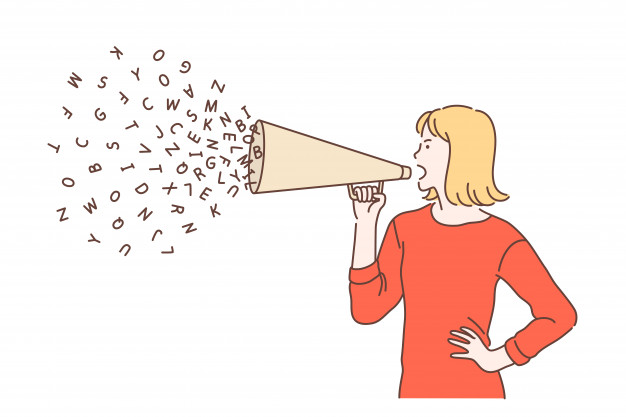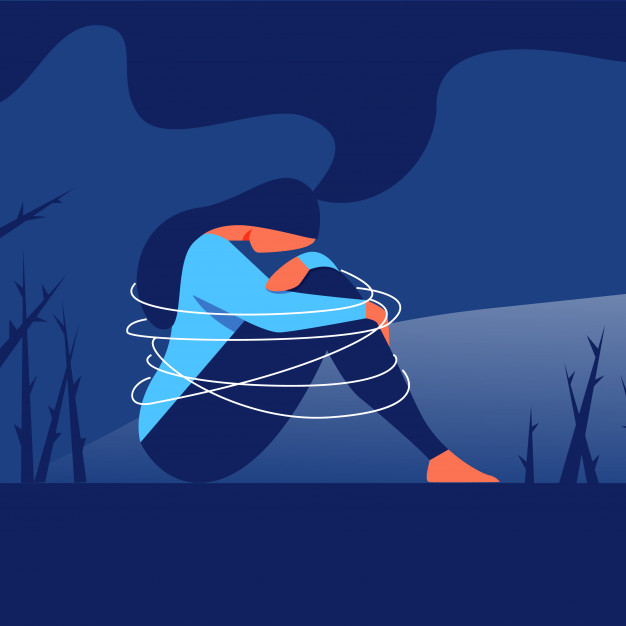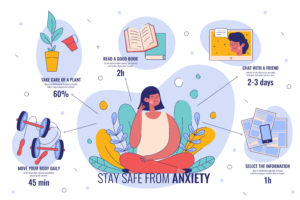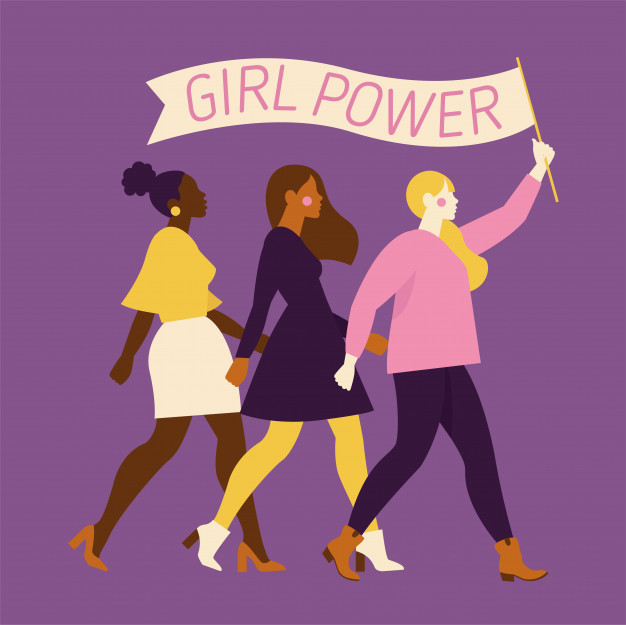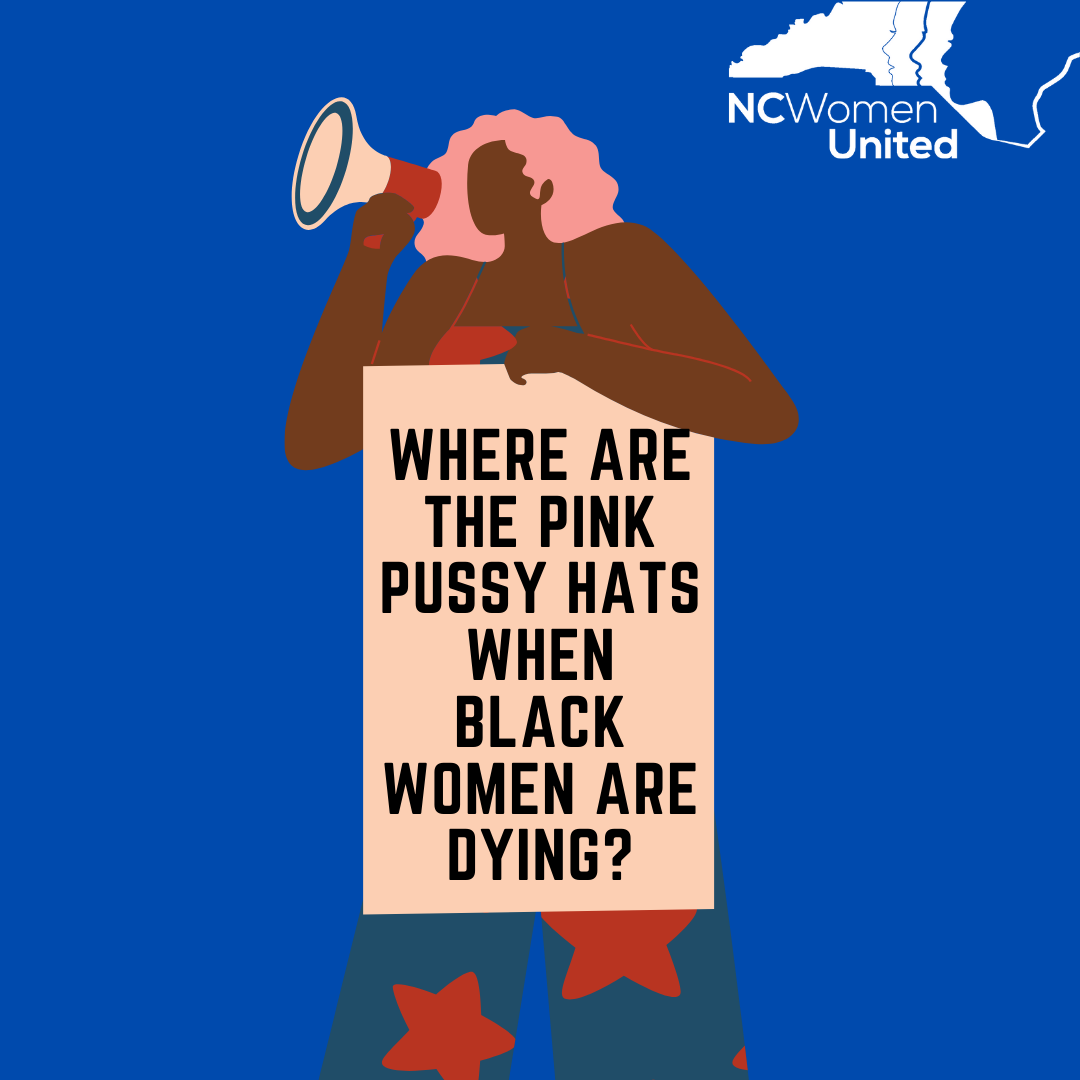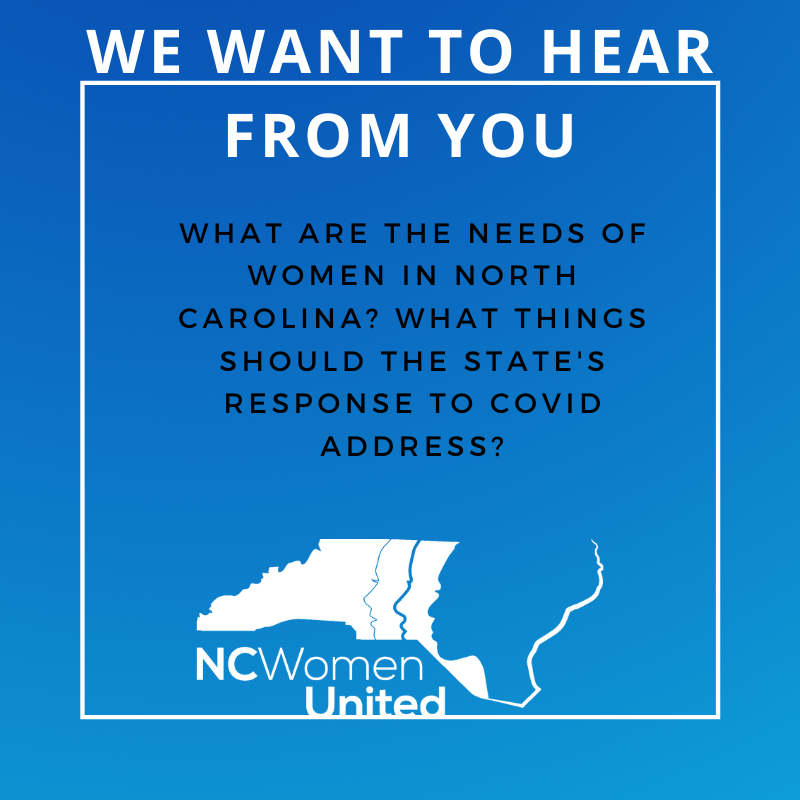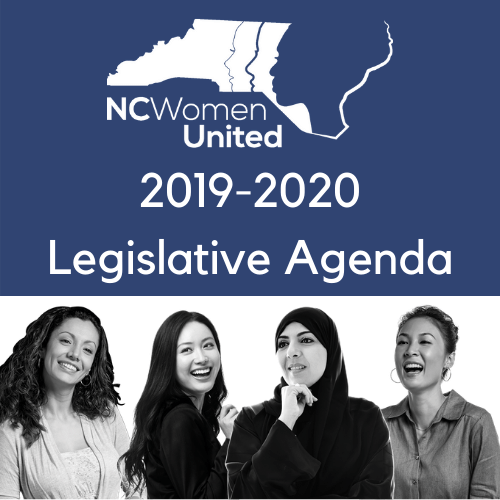This week, blackout Tuesday was a day to center the voices of black people and amplify their stories and experiences. This is a necessity each day, not only Tuesday and not only this week. The 8 minutes and 46 seconds of silence honoring the memory of George Floyd this Thursday was an act of solidarity that must extend every minute of every day, and must expand to include the memory of black women, like Breonna Taylor and Michelle Cusseaux, who have also been murdered but have not been memorialized with the same energy and fervor because of the intersecting and cruel legacy of sexism and racism in America.
As we consider the actions necessary to end racism and call out white supremacy, I hope we remember that we do not have to look far to find more work that needs to be done. When I think about healing and ending systemic racism and state sanctioned violence, I’m not certain of the way forward, but I know we don’t move forward without acknowledging the erasure of black women and their experiences across many of the social justice movements, including the larger feminist movement.
Something has shifted this week. The stream of black squares on instagram, the proliferation of organizational and individual solidarity statements and posts with symbolic images create the necessary echo chamber that carries the message farther than it has before, but what is next? Speaking out is step one. For NC Women United, as an explicitly anti-racisit organization we know that ending racism also includes dismantling the parts of white feminism that exist to promote the safety of middle-class white women at the expense of black women. The conversation about police brutality does not live in a vacuum outside of the world that allows the Amy Coopers of the world to weaponize their tears against a black man. These are both problems for the feminist movement–in all of its diversity–to address.
For many black women, especially those in the feminist movement, we are all too familiar with the tone deafness that occurs when we speak our truth and we are used to reminding people to see us, to respect our opinions and trust our ideas. During the summer of 2006, Mariana Ortega wrote “Being Lovingly, Knowingly Ignorant: White Feminism and Women of Color.” In this piece she speaks to the racist ideologies within feminism that claim to speak for all women while only recognizing the needs of black women when it furthers an agenda or creates an inclusive appeal–inviting Black speakers to an event or to sponsor a march at the last minute, when all of the planning is done, in an obviously last-minute scramble to be more inclusive. Black women have been so overlooked by mainstream white feminism that many, like Alice Walker, have denounced it completely and instead cling to the term womanism which incorporates an adoration for black womanhood AND a commitment to improve the quality of life for all folks that experience oppression due to race or class.
Last year during many of the women’s marches, women were still seen adorning knitted caps known as “pink pussy hats”.In response to this there have been many conversations about how exclusionary that was. “Not all women have pussys and not all pussys are pink.” That feeling of being overlooked is still a stain on our movement that has to be healed. Our agendas should reflect the changes that we need to see around us. When we talk about reproductive rights and reproductive justice does that include the mortality of black women during childbirth? What is #Metoo without also reconciling the reality of false reports of rape against black men? How do we care about increased civic participation and not fight for the rights of incarcerated mothers who give birth in shackles? How do we fight to close the gap in wages and ignore the school to prison pipeline? Where are the pink pussy hats when black Women are dying? These are only a few points of a very very long list of intersecting items. We have to be intentional about addressing the oppressive experiences of black women and avoid clinging to tactics adopted from movements that excluded them.
At NC Women United, we are committed to lifting up these stories and experiences and will work, from this day forward, to incorporate them more meaningfully in our advocacy. Building on our efforts to better center race and class in our policy education and advocacy, we will be refining our signature products–our legislative agenda and report card–to ensure they are advancing an explicitly intersectional and anti-racist agenda. We will not take only a gender lens to NC policy, asking “What about women?,” but an intersectional lens, “What about Black women? What about Latinx women? What about LBT women, and gender non-conforming people? Rural women? Disabled women? Migrant women? And, importantly, how do the choices of North Carolina policymakers–and the messages of the NC women’s movement–impact people differently on the basis of these different streams of discrimination?”
We are a movement that is stronger together, and today we recommit to working with our member organizations and the women of this state–in all their diversity–to ensure that we do everything in our collective power to center that diversity and strength in our work. Together, we have the power to make invisibilized women visible, to lift up their stories to inform the choices of North Carolina policymakers accordingly. We invite you to share your unique experiences of this moment with us as we refine and update our post-COVID legislative agenda, toward a more inclusive and lasting progress.
Sincerely,
Charnessa Ridley
NCWU President
